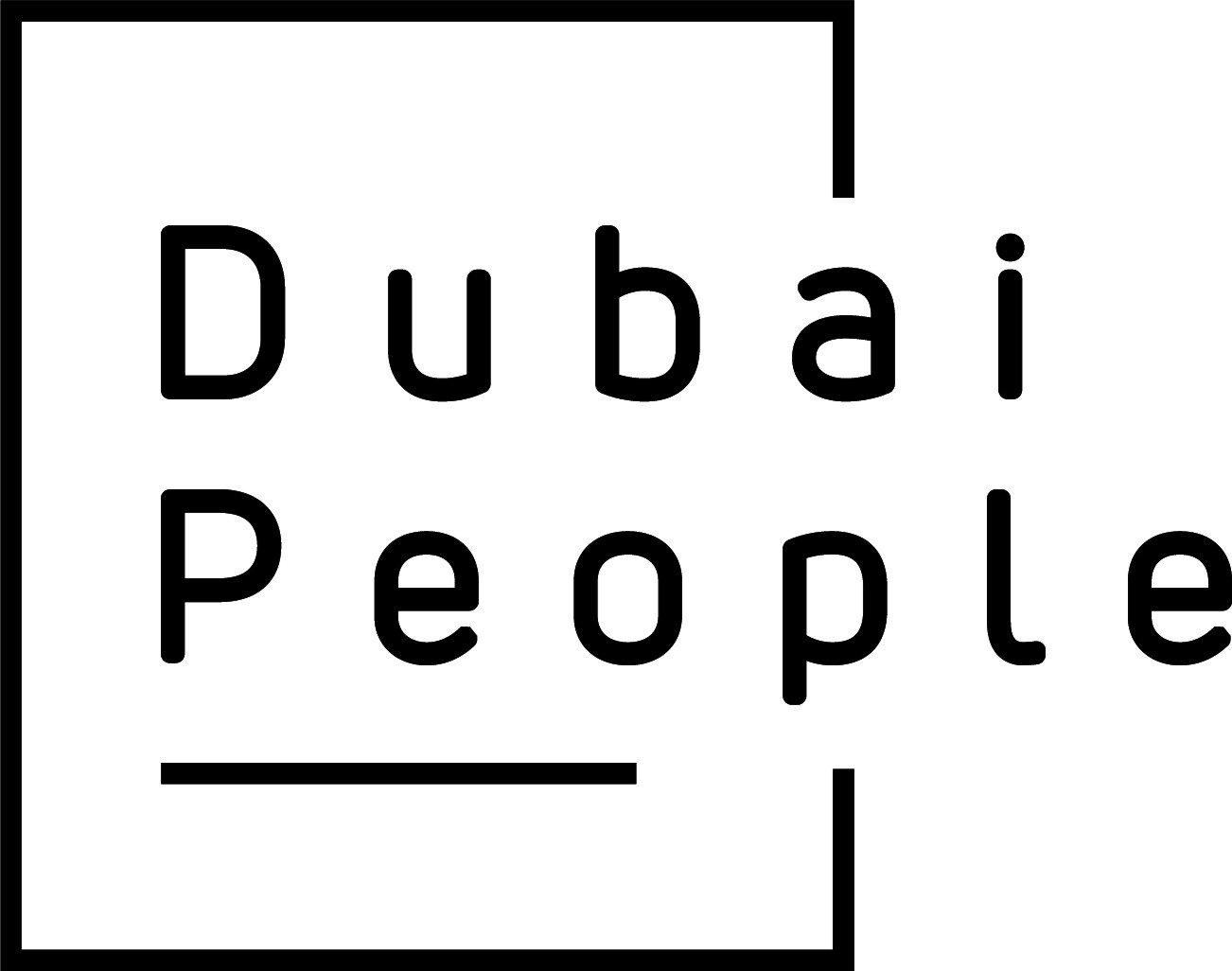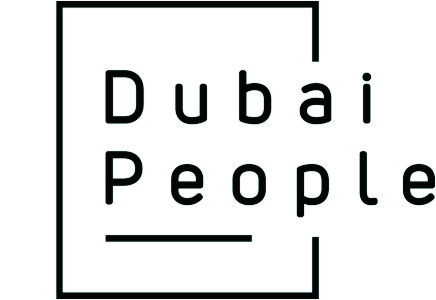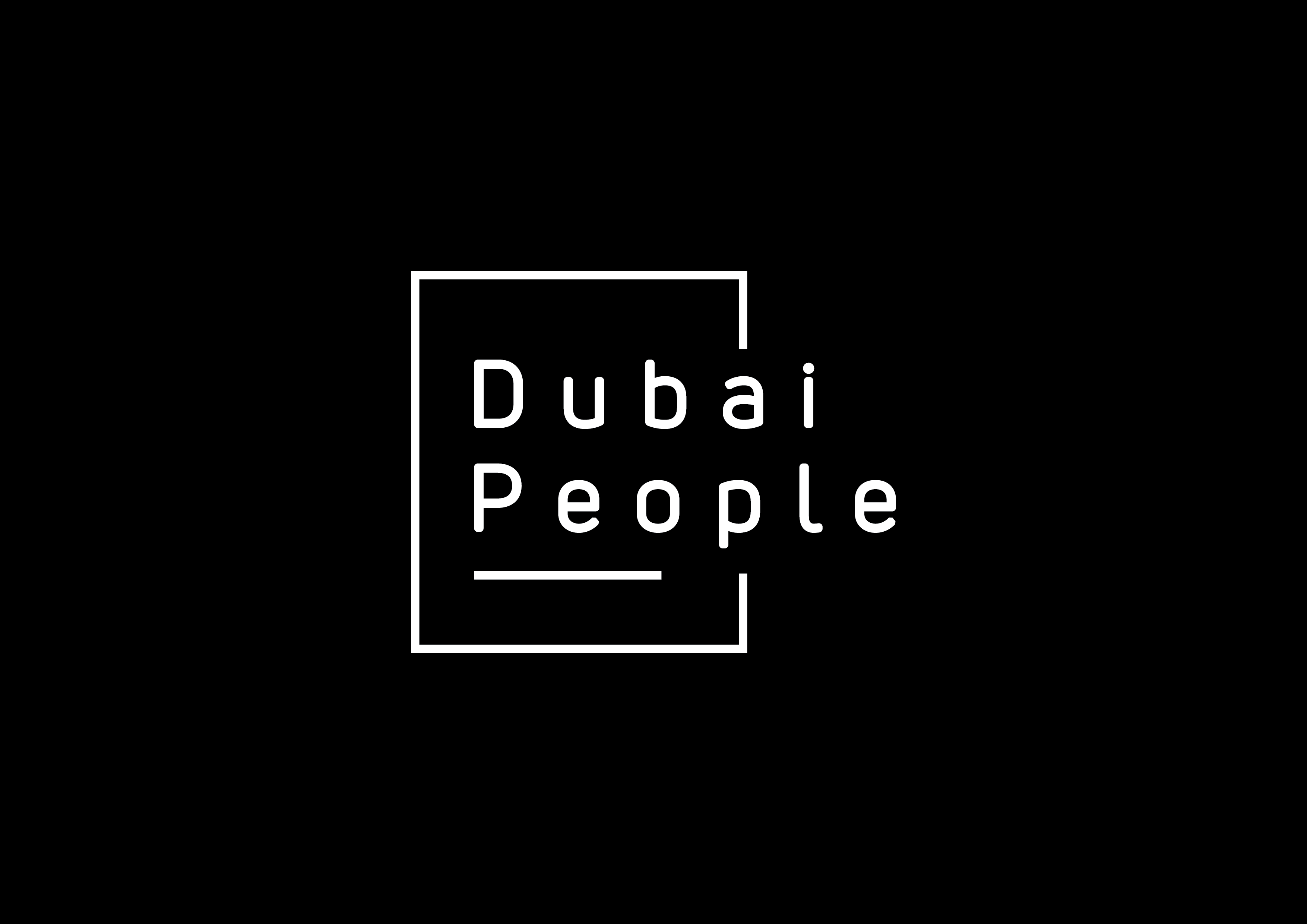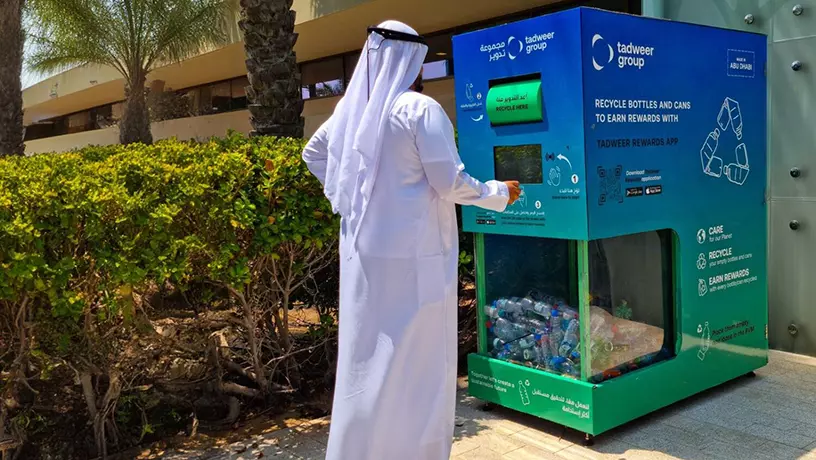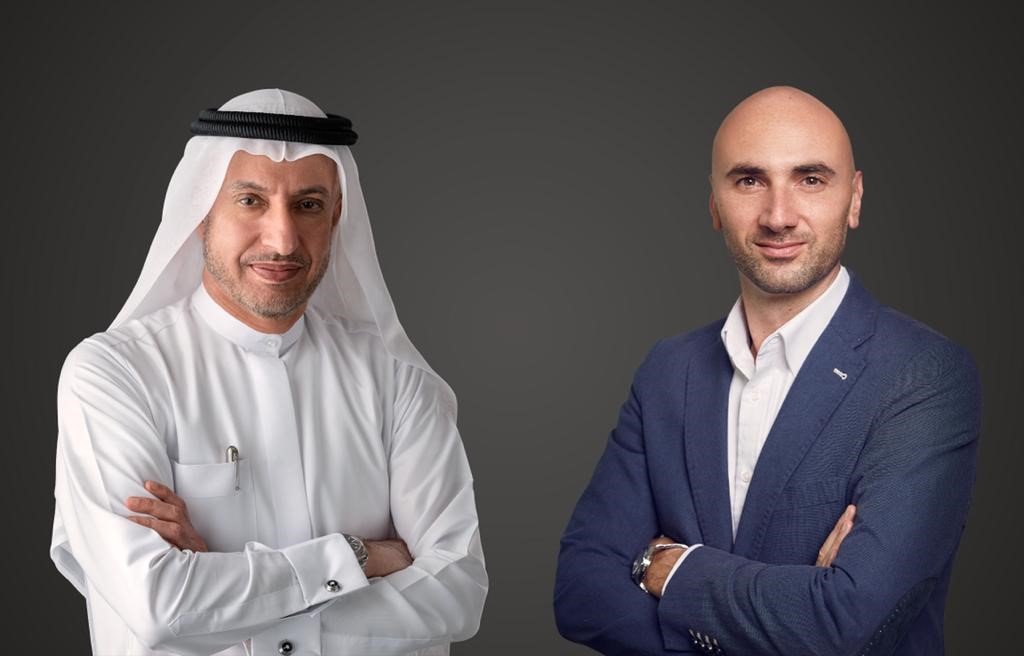
DIEZ highlights new trends in B2B e-commerce in the emirate
The global pandemic, combined with the accelerated adoption of digital technologies, has caused a significant shift in B2B e-commerce and retail in Dubai, leading to a strengthening of the city’s position as a leading regional and global trade and commerce hub.
An example of these changes is the new trading trend that has emerged among companies in Dubai Integrated Economic Zones (DIEZs), in which businesses are partnering with third-party logistics providers to streamline supply chain processes and sell their products to customers. Under the new business-to-business-to-customer (B2B2C) model, entrepreneurs are increasingly buying goods in bulk and reselling them through various direct distribution channels, which provides them with high profitability and ease of operation.
New trends have been accelerated by initiatives taken by Dubai and the UAE to facilitate the rapid adoption of digital solutions. In addition, updated laws and business regulations have made it easier for businesses to conduct e-commerce in the country.
New research shows how the unprecedented challenges posed by the global pandemic, combined with rapid digitalisation, have boosted business-to-business (B2B) e-commerce.
According to the research, 82% of companies intend to increase their use of B2B e-commerce, and 86% of businesses believe technology is the sector that will be more important in the future, followed by e-commerce at 84%.
Tradeling, a fast-growing e-commerce marketplace focused on B2B transactions in the MENA region, is one example of a company that has recorded exceptional revenue growth of over 35% month on month, with product selection reaching nearly one million. Today, Tradeling has more than 150,000 buyers and sellers from more than 55 countries registered, and the number of requests for offers and enquiries has reached 100,000. Since its inception in 2020, the company has actively promoted warehousing management, trade finance, merchandise inspection and last-mile delivery to any location a customer desires.
His Excellency Dr Mohammed Al Zarouni, executive chairman of the Dubai Integrated Economic Zone Authority (DIEZ), said: “Through its three free zones, the Dubai Integrated Economic Zones Authority is working to create a sustainable economic system that contributes to the emirate’s economic growth and strengthens its leading edge in decision-making and launching digital platforms that enhance the efficiency of small and medium-sized businesses. Tradeling is one such initiative that has been launched with a forward-looking vision focused on digital excellence within an agile economic environment that promotes business development.”
Marius Ciavola, chief executive of Tradeling, said: “B2B e-commerce transactions in the Middle East and North Africa region represent just one percent or less of the $1 trillion global market, which is a rather small size given the potential for online B2B transactions in these markets. Our goal is to grow that percentage to 4%-5% and turn it into a $50 billion business. We are also aiming to change the way we do B2B trading by making it digital, eliminating hassle and simplifying the process for both buyers and sellers. The growth potential in the region is huge, and we are still just getting started.”
DIEZ accounts for 11% of Dubai’s total trade and has seen an 8.3% increase in new sales revenue since the start of 2022, as well as a 24% increase in leased space compared to the same period in 2021. DIEZ has also seen an 88.4% increase in registered companies compared to the same period in 2020, with a 23.5% increase in multinational companies registered.
DIEZ, home to 5,000 companies, plays a key role in the UAE’s efforts to promote economic diversification, contributing 5% to Dubai’s GDP.
#Dubai Integrated Economic Zones Authority highlights new trends shaping the future of B2B e-commerce in the emiratehttps://t.co/kTsygAXyVd pic.twitter.com/X21JfossS7
— Dubai Media Office (@DXBMediaOffice) May 22, 2022
Follow our Telegram Chanel


